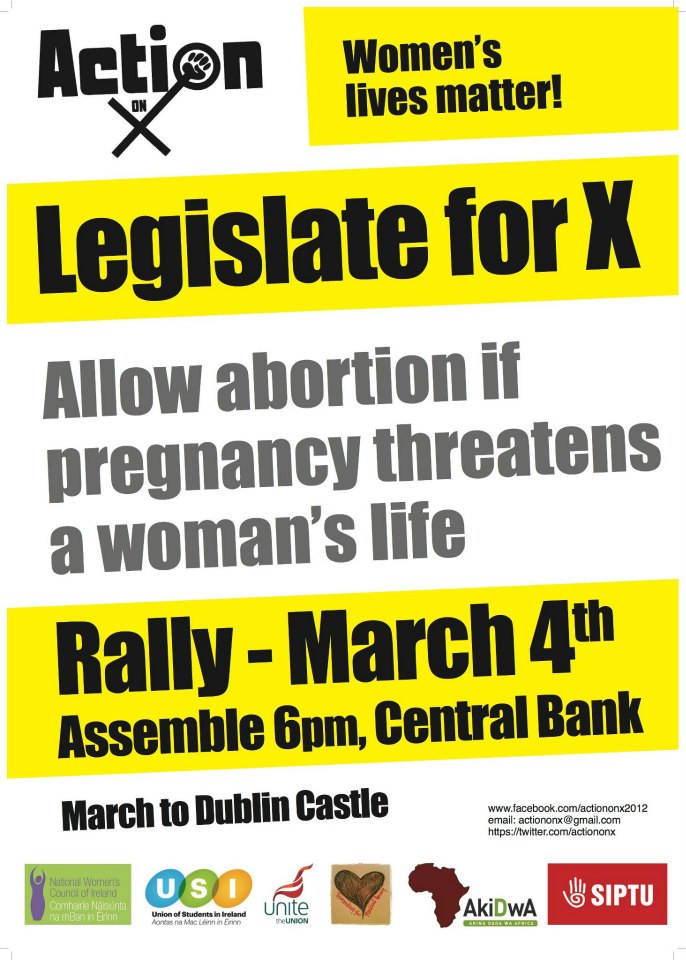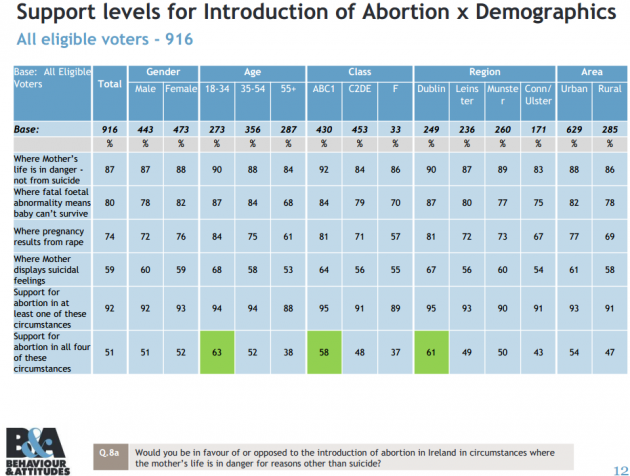May is the month of Mental health awareness and Masturbation*.


The fact that both these causes are being celebrated in May makes me happy as I do believe that they are very much intertwined. Our brains are the biggest sex organs we have, it is not surprising then, that our mental health impacts on our sexual health and our sexual well being impacts on our mental and emotional well being.
I do believe that you the best way to learn to be a good lover is to start with yourself. That masturbation should be mentioned as part of sex and sexuality education. Often people’s sexual hang ups can start with themselves and how masturbation is spoken about or more often not spoken about.
The right to sex and sexuality eduction, contraception, information about safer sex and to not be stigmatized for our sexuality, are important and when we don’t have access to these or when our choices are not respected it has a negative impact.
Today also sees the a launch of the International Planned Parenthood Federation campaign to have such rights placed in part of the goals for 2020.
“We want a world where all women, men and young people have access to the sexual and reproductive health information and services they need; a world in which sexuality is recognised both as a natural and precious aspect of life and as a fundamental right; a world in which choices are fully respected, and where stigma and discrimination have no place. This vision must be realised within a context of sustainable development that seeks to meet the needs of the present without compromising the ability of future generations to meet their own needs,” said the IPPF, a global network of 152 member associations working in more than 170 countries.
This is also a big issue for those of us who are Queer, LGBT and those who are asexual. When people expect others to live in a certain way or conform and the mainstream narrative and services do not include us it causes stress. Finding counselors, drs, therapists who are alt/queer friendly with whom you can go see and not have to educate them is difficult.
Loving yourself means accepting yourself and finding joy in who you are, be it in self pleasure or sexual expression. I honestly do think that if more people were having daily orgasms they and the world would be in better shape.
Knowledge is power, and we dis empower people when we deny who they are and deny them information, education and access to the services they need.
The Slogan the IPPF are using the slogan “I Decide” which is all about empowerment, to call for sexual and reproductive health and rights to be adopted by the UN and are asking for us all to sign their petition to make it happen. http://www.ippf.org/vision2020 I have signed it I hope you will too.
Wether you do it before or after some stress relieving self loving is up to yourself.

